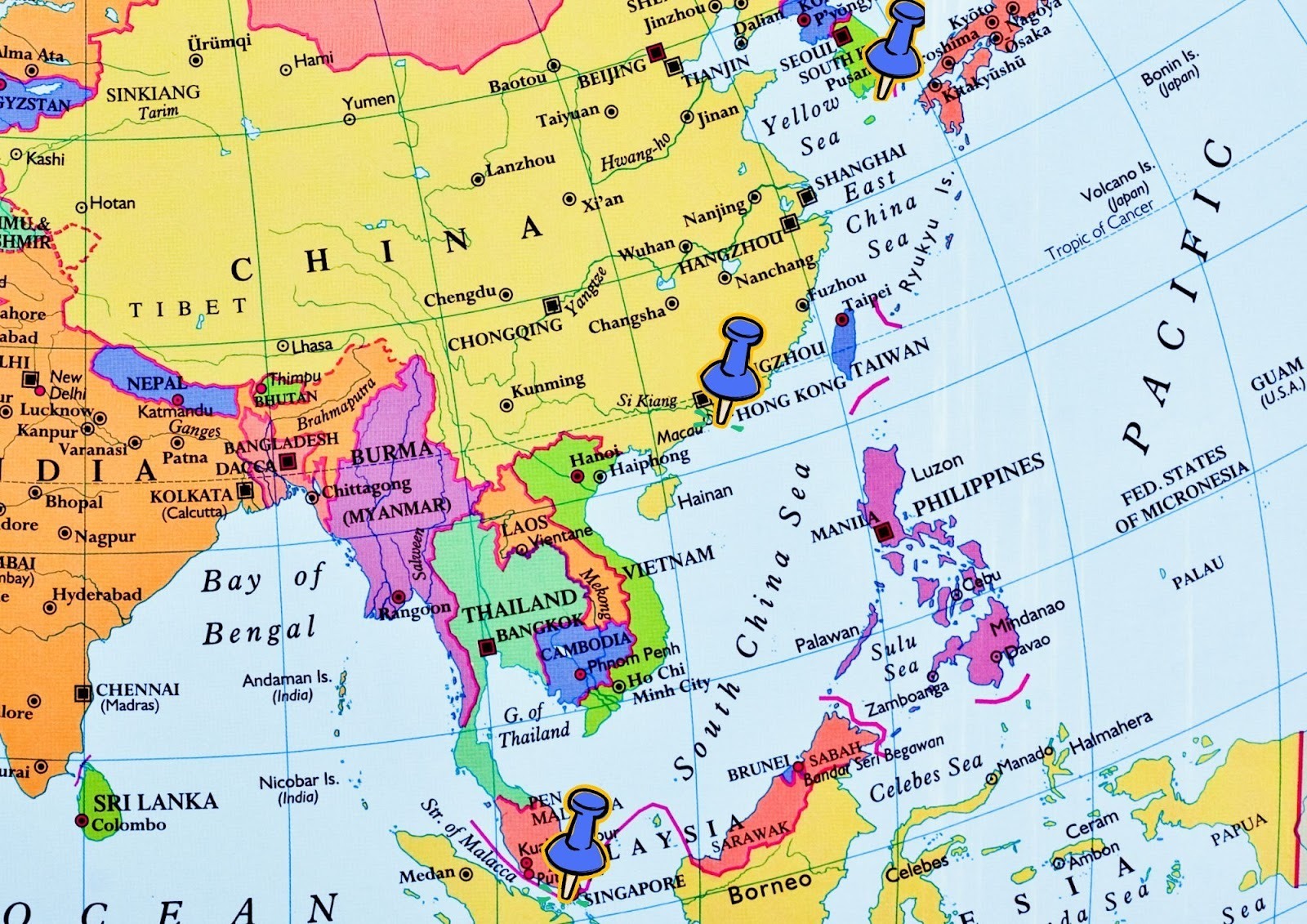Subsidiary vs Branch Office in South Korea: How Foreign Companies Should Decide
South Korea is a strategic entry point for companies expanding into Asia. With a highly skilled workforce, advanced infrastructure, and strong regulatory framework, it offers significant opportunities for long-term growth.
.png?width=1656&height=121&name=rsz_%EB%A1%9C%EA%B3%A0%ED%88%AC%EB%AA%85%20(8).png)



.jpg)


.jpg)


%20(2).png)